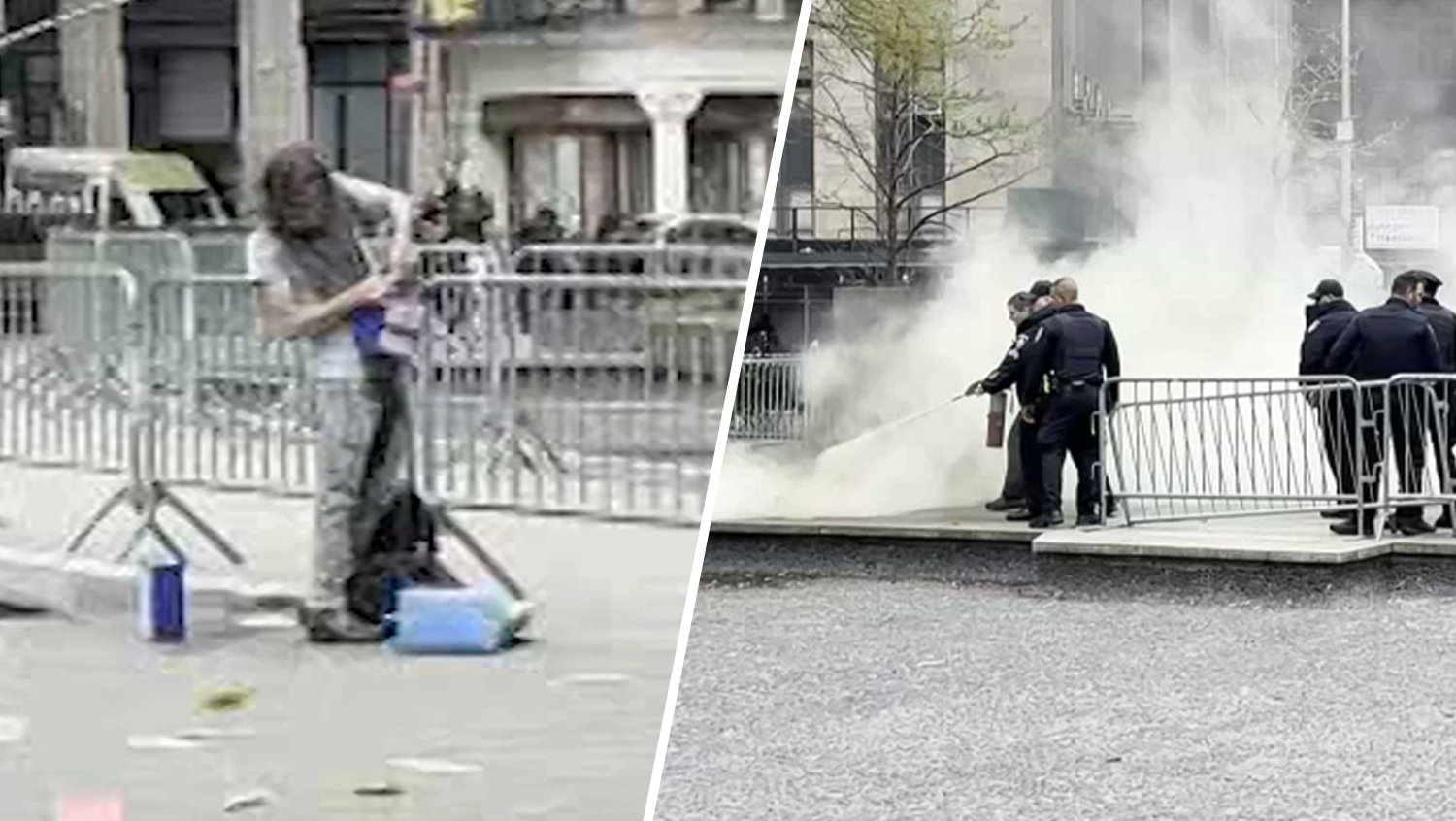Meagan Duhamel and Eric Radford have been a pairs team for Canada since 2010. From the beginning of their partnership, they knew they had something special. In their first tryout, Radford recalled he nearly cried because he was struck with the realization they were going to be really good. Duhamel described their partnership as one between soulmates: “It’s Meagan and Eric’s chemistry, which may not be a romantic chemistry. It may not be a brother and sister type of chemistry. But it’s special, and it belongs only to us,” she said.
They found much success in their partnership: seven Canadian national pairs titles, the Grand Prix Final gold in 2014, Four Continents gold in 2013 and 2015, plus back-to-back world championship gold medals in 2015 and 2016.
At the 2014 Sochi Olympics, Duhamel and Radford helped Team Canada win a silver medal in the team event. In the pairs event, they placed seventh. That finish is partly fueling their drive toward PyeongChang.
Duhamel and Radford ran into trouble in the 2016-17 season, despite still capturing medals. They earned a bronze at the Grand Prix Final, silver at Four Continents, and finished seventh at the world championships.
“Everything that we’ve been able to win, every accolade has a special meaning and a special memory attached to it, no matter how big the competition or how small it is,” Duhamel told NBCOlympics.com when asked to compare the significance of each medal in their trophy cases. “There are some bronze medals and silver medals that we were disappointed with in the moment, but they have so much value because of the lessons that they taught us for the rest of the seasons and the years that were to follow.”
Following those world championships, Radford revealed some of his off-ice struggles. During the break between Four Continents and Worlds, he didn’t feel refreshed or motivated. Working with a sports psychologist helped ease those thoughts. Radford also experienced numbness and loss of control in his hip due to a herniated disk in his lower back. The pair changed the layout of their programs at Worlds in order to accommodate his injury.
U.S. & World
Alarm bells were ringing by June. (But so were wedding bells, when Radford proposed to boyfriend Luis Fenero in Spain)
It was time to choose their Olympic season music; being an important year, they wanted their music to have the most impact as possible. They went with a cover of U2’s “With or Without You” for the short program and a Muse medley for the free skate.
They also changed up their coaching staff that summer. Bruno Marcotte stayed on as head coach with the team in Montreal (he’s also Duhamel’s husband) and Julie Marcotte, Bruno’s sister, remained as choreographer. Duhamel and Radford added Florida-based John Zimmerman as a coach and added John Kerr as a choreographer, too.
Duhamel and Radford came into the Olympic season under the radar, on the advice of 2002 Olympic pairs champion David Pelletier from Canada.
Last winter, Pelletier was on the phone with Radford and told him the best thing the team could do would be to finish sixth or seventh at Worlds, to ease some of the pressure off them.
As Radford recalled: “He said ‘You know what would be the best thing for you? If you were to go to Worlds and come sixth or seventh. And then you fly under the radar and you come back and you win the Olympics.’ And when we came seventh at the worlds, I thought ‘Oh my god, he actually said seventh place.’”
It’s working, according to Duhamel.
“I think that we’re kind of the underdogs this season,” Duhamel said, though added that they’re trying to live in each moment and not get ahead of themselves.
They began the season at the Autumn Classic, a Challenger Series event. They picked up a silver medal there, before going to win Skate Canada, their first Grand Prix of the season. They earned a bronze in November’s Skate America.
When they were looking towards the Grand Prix Final, Duhamel said of their rivals, “We’ll let the Chinese and the Germans and the Russians feel the pressure. We’re gonna keep working hard, keep our head down, and hopefully we’ll be able to deliver in the moment when it matters the most.”
At the Grand Prix Final, they earned another bronze. The pair from Germany won, like Duhamel predicted, while the Russians surprisingly finished fourth and fifth in the six-team field. The two Chinese teams were second and sixth. They already held the most national titles in history for a Canadian pair team at six, but they pushed the boundary further in January to win their seventh and officially qualify for their second Olympic team.
“At this point, we’ve already achieved more than we’ve ever dreamed in this sport. The opportunity is ahead of us to achieve even more and we don’t take that for granted. We’re definitely very proud of ourselves with everything we’ve been able to accomplish in the sport.” Radford said in November.
The team sees the 2018 PyeongChang Olympics as their “grand finale.” They want to leave Olympic ice knowing they created a special moment.
“You never know that it’s going to happen until you hit that ending position and everything worked and you’re like, ‘Oh my god, we did it! How did that just happen?’” Radford said. “Of course, it’s what we imagine, what we hope for, every competition. Not only was it an incredible moment for us but we also got to, I think, create a special moment for thousands of other people as well.”
Duhamel echoed those sentiments.
“You can feel that energy from the audience and the energy between us,” she said. “It’s a pretty obvious thing, but invisible thing. We can usually feel it and that’s what we’re striving for this season with the two programs that we have.”
Additional reporting by Seth Rubinroit.



